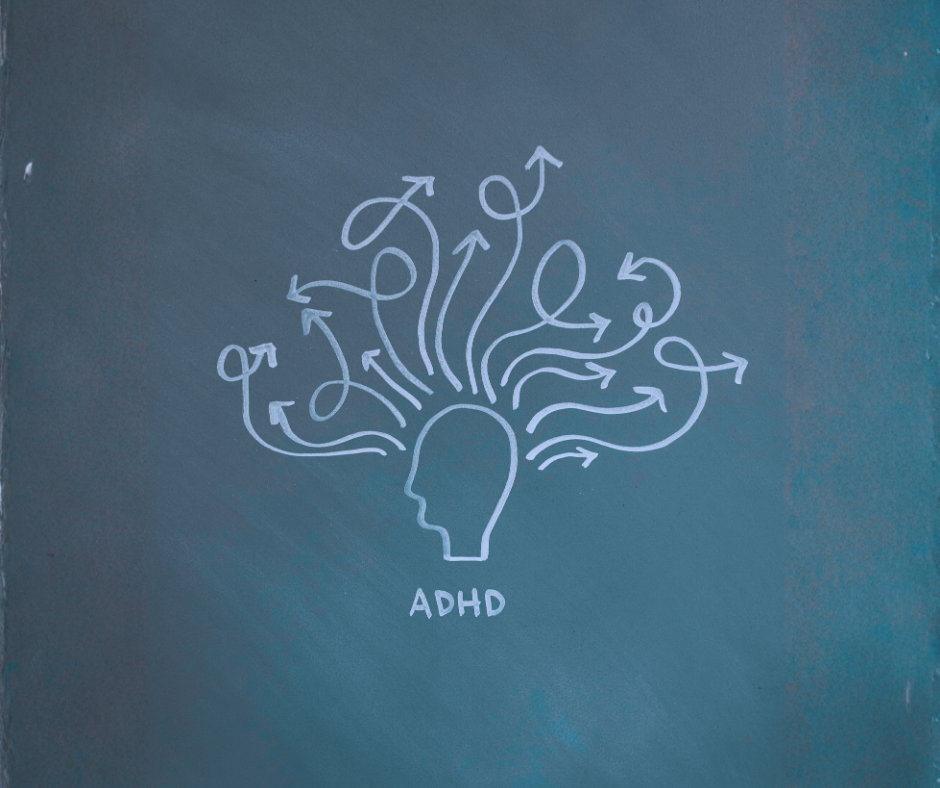The Impact of Auditory Development
- Mar 25, 2024
- 1 min read
By: Sandy Smith, Neurodevelopmental Specialist
Child: “My teacher is mean.”
Mom: “Really? How so?”
Child: “She is always yelling at us. She yells all the time.”
Child’s friend (who is in the same class): “No she doesn’t. She’s nice. She doesn’t yell, she just talks regular.”
Have you had similar conversations in your home? Do you sometimes wonder where is the disconnect, especially if your child’s friends report a positive classroom environment and your personal interactions with the teacher have not given you any reason to be concerned? Have you had similar interactions in your home when your child accuses you of yelling at him/her, but you know that you were not? Does your child struggle to follow directions, or to follow them completely? Possibly following only the first or last instruction that was given?
During the first year of life, as we are beginning to access more of our brain’s abilities, our auditory input system is learning how to distinguish meaningful sounds. If that system is immature or inefficient, a child may not be able to distinguish tonality in our language. A firm or excited voice may be interpreted as a yelling voice, or instructions may not be completely followed if a child cannot hear the nuances in our spoken language.

Many of our children’s social skills struggles relate to this level of early brain development. Our ability to interpret sounds and conversations correctly is key to good relationships. A program of NeuroDevelopmental Movement® guides the child through The Developmental Sequence and allows this skill to progress and develop, so that those sounds can be correctly distinguished, interpreted and responded to.




Comments